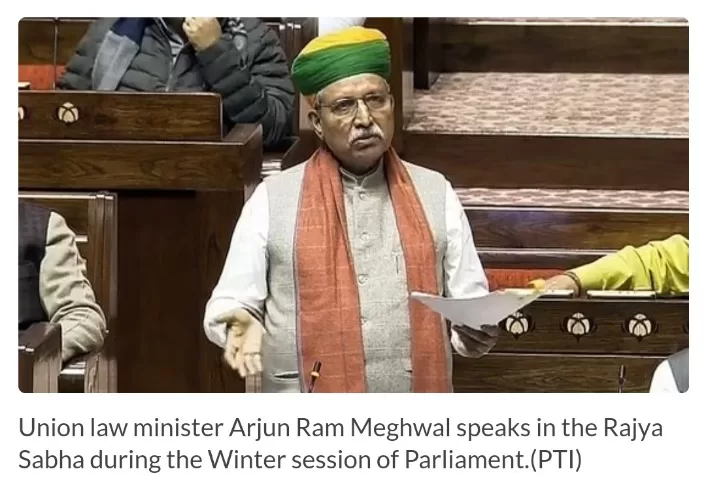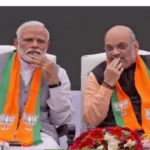In a contentious session, the Rajya Sabha successfully greenlit a crucial bill focused on the regulation of appointments and service terms for the Chief Election Commissioner and Election Commissioners of India. However, the passage of the legislation did not occur without a vehement protest staged by the Opposition, who argued that the bill aimed to compromise the autonomy of India’s electoral machinery.
The bill faced strong criticism from Congress, which positioned itself at the forefront of the opposition movement. Congress leader Randeep Surjewala asserted that the Narendra Modi government’s actions represented a significant blow to the democracy of India. He characterized the move as an attempt to transform the Election Commission into a mere “pawn Election Commissioner.” The Opposition staged a walkout during the discussions and later accused the government of employing a “bulldozer” approach to undermine India’s electoral system.
Union Law Minister Arjun Ram Meghwal defended the bill, rebuffing allegations that it sought to circumvent a Supreme Court verdict. He clarified that the new legislation addressed certain weaknesses identified in the 1991 Act, emphasizing its importance in ensuring the efficiency and effectiveness of the electoral process.
Despite the walkout by Opposition parties, the government remained steadfast in its position, underscoring the necessity of the legislation in maintaining order and transparency in electoral procedures. The bill covers various facets, including the appointment process, qualifications, term of office, and removal of the Chief Election Commissioner and other election commissioners.
Congress’s concerns were echoed by AAP MP Raghav Chadha, who expressed apprehension that the bill could erode the impartiality of the Election Commission. DMK MP T Siva added his voice to the Opposition’s dissent, contending that the legislation would potentially bias the Election Commission in favor of the ruling party.
The government, however, reassured that the Election Commission would continue to function independently, highlighting the significance of the introduced reforms. The passage of this bill marks a pivotal moment in India’s electoral landscape, sparking intense debates on the balance between legislative authority and electoral autonomy.




